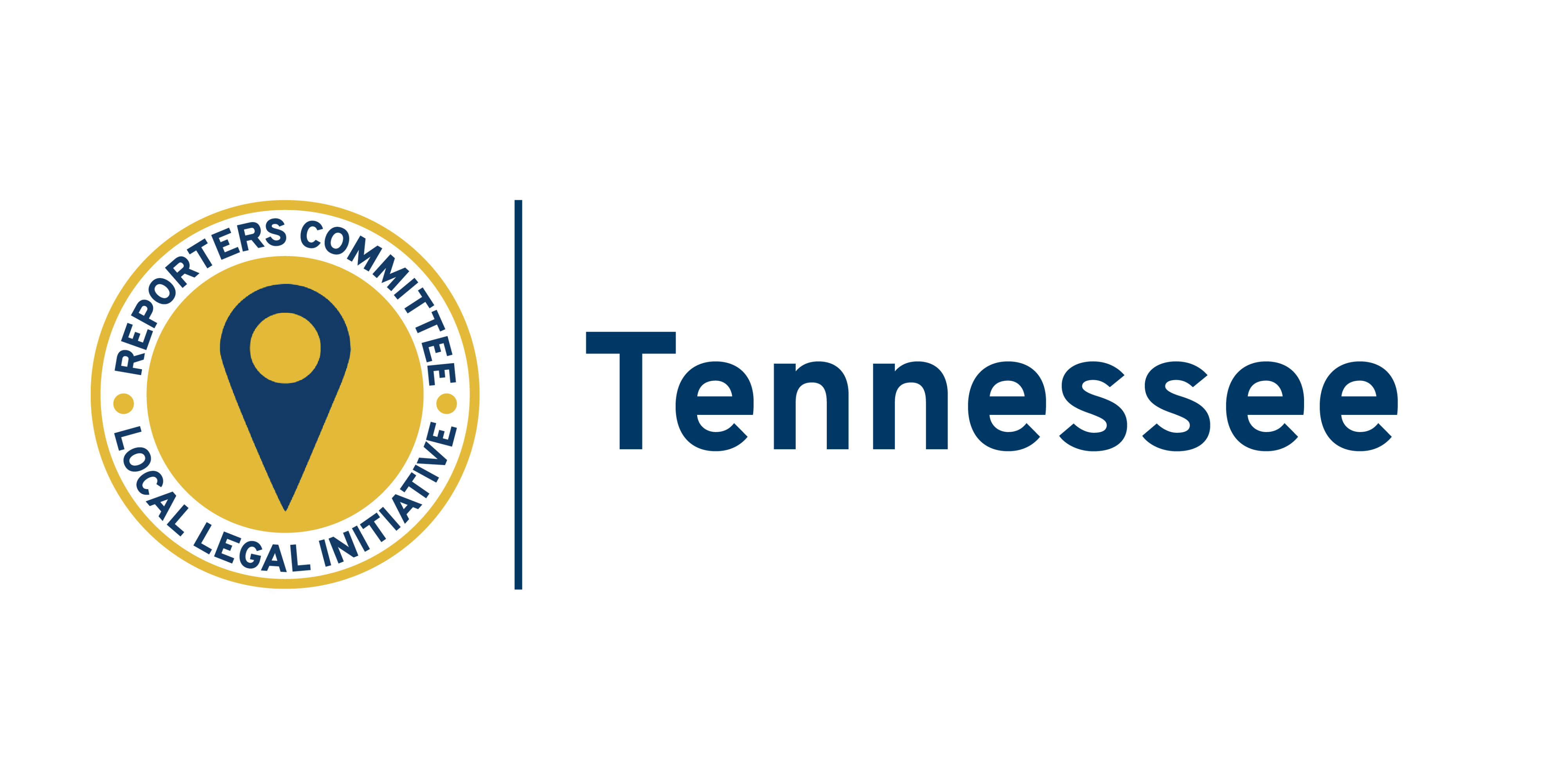On the Docket: Power resides in media coalitions in the fight for government transparency, accountability

This column was originally published in the May 2024 issue of The Tennessee Press, the official publication of the Tennessee Press Association.
On their own, individual journalists and newsrooms have the power to successfully challenge government secrecy and fight back against efforts to silence the press. But their strength grows substantially when they are willing to team up with other members of the news media — even their fiercest competitors — to stand up to people in power for the benefit of the public.
At the Reporters Committee for Freedom of the Press, my colleagues and I focus a lot on building strong media coalitions at both the local and national levels, whether we’re condemning a police raid on a small-town newsroom or helping news organizations unseal court records related to a high-profile Justice Department investigation.

The reason is simple: Media coalitions pack a powerful punch. By joining forces, journalists and newsrooms send a clear message to public officials that they are willing to put their competitive differences aside to fight for greater government transparency and accountability. They also help signal the importance of this kind of work to a broader audience.
Here in Tennessee, I’ve had the opportunity to work with a wide range of news media coalitions with the Reporters Committee. Through direct litigation, friend-of-the-court briefs, and letters to public officials, our coalitions have succeeded in making previously hidden records public, challenging an election finance agency’s secret vote, and much more. Let’s take a closer look at how media coalitions I’ve worked with have made a difference in our state.
Litigation
In my first case for RCFP in 2020, I represented a large coalition of journalists and media organizations, including the Tennessee Press Association, in a lawsuit against the Tennessee Registry of Election Finance for violating the state’s Open Meetings Act when it held a secret vote by email to significantly reduce fines levied against a state lawmaker on the eve of a filing deadline.
A judge later ruled in favor of the media coalition, holding that the Registry “violated the spirit and requirements” of the law. As I highlighted in a column for this newsletter in June 2022, the case appeared to have spurred state lawmakers to pass a bill strengthening campaign finance and ethics rules.
More recently, I helped a media coalition, including members of the Tennessee Press Association, challenge two court orders prohibiting the city of Memphis and Shelby County from disclosing public records they provided to the district attorney in the prosecutions of five former Memphis police officers charged with the murder of Tyre Nichols. That challenge ultimately resulted in the release of a substantial amount of previously undisclosed information, including 21 hours of recordings that provided context to videos released last year showing police officers punching and kicking Nichols while he pleaded for them to stop.
Friend-of-the-court briefs
While my role as a Local Legal Initiative attorney is focused primarily on direct litigation, I occasionally file friend-of-the-court briefs on behalf of media coalitions, making arguments in support of issues that affect press freedom and the public’s access to information in Tennessee.
For example, I submitted media coalition briefs in two separate matters concerning the Tennessee Public Participation Act, which allows courts to quickly dismiss meritless lawsuits intended to chill speech about matters of public concern. In one of those cases, our coalition urged the Tennessee Supreme Court to reverse a lower-court ruling that threatened to undermine the law’s effectiveness. As of mid-April we were still awaiting a ruling in that case.
I have also filed a friend-of-the-court brief in a public records matter. In 2021, I submitted a brief on behalf of the Tennessee Press Association and 12 other media organizations in support of a professor’s fight to obtain public records from a sheriff as part of her research into the county’s immigration enforcement. The Tennessee Court of Appeals ultimately affirmed a lower court decision finding that the sheriff violated the state’s public records law by willfully withholding records.
Letters
We don’t always build media coalitions with the intent to make arguments before a court. Sometimes sending letters directly to government officials can be enough to nudge them toward transparency.
In January, I wrote a letter to Memphis Mayor Paul Young on behalf of a coalition of local journalists and newsrooms asking him to help resolve long-standing delays in the city’s response to public records requests. Coalition members thought it was important to present their public records concerns to the mayor early on in his tenure after problems mounted under his predecessor’s administration.
“The press serves as surrogates for the public and is vital to public oversight of governmental activities, but chronic delays in getting records from the City severely undermines the usefulness of those records and the information contained in them,” the media coalition stated in the letter, which coalition members hand-delivered to the mayor during a meeting about the public records issues. “Timely access is essential.”
It’s too soon to tell whether the letter will make a difference. But from my experience, the fact that it came from a large coalition of journalists and news outlets certainly increases the chances that it will.
Paul McAdoo is the Tennessee Local Legal Initiative attorney for the Reporters Committee for Freedom of the Press. He is based in Nashville.